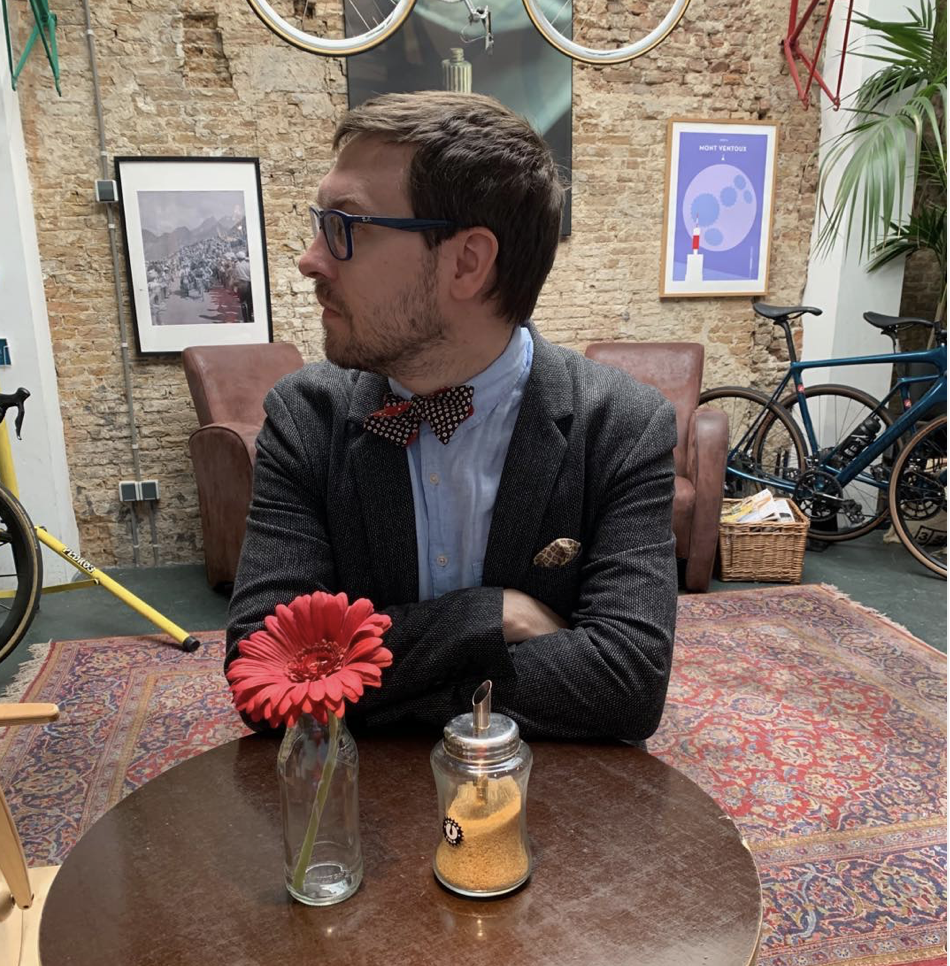about

I’m Pavel Rudnev, and this is my personal website. I’m a research fellow and lecturer in linguistics at HSE University in Moscow. My main area of interest is syntax and its interfaces with sound and meaning. In particular, my current research revolves around the structure of nominal expressions, agreement, case and verbal morphosyntax in East Caucasian languages, and the syntax-to-phonology mapping in Russian Sign Language.
elsewhere
- Faculty of Humanities, HSE University, 21/4 Staraya Basmannaya Ulitsa, office A-519, 119571, Moscow, Russia.
- pasha.rudnev@gmail.com
- @pavelrudnev on X.
- Humanities Commons
- Google Scholar
- ORCID
subscribe
To receive updates from this site, you can follow me on X at @pavelrudnev, where I’ll update you if anything is posted.